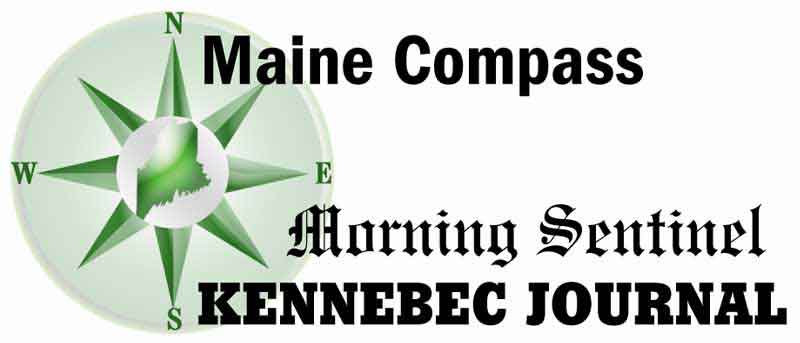Since 1881, my family has owned and operated a white pine sawmill in Searsmont that employs 110 men and women.
Much of our log supply comes from Northern Maine, so naturally we are concerned about future supply. There has been a lot of talk about wood supply regarding the proposed national park and that it won’t be needed because the paper mills and forest products industry are in decline.
Nothing could be farther from the truth. Maine is producing more timber, paper and wood products than ever, not to mention the Millinocket mills coming back online.
The threat of permanently losing any wood supply in the North Woods negatively affects mills in Maine, including our own, that depend on a steady wood supply from that area.
The global population is constantly growing and with it the increased demand for paper and wood products. Tying up land for single uses such as a national park does not make sense. There is no reason that we can’t have both recreation and timber harvest from the same tracts of land as has been the tradition in Maine.
In the United States, 266 million acres of woodland already are tied up in parks, wilderness areas, wildlife refuges and other preserves. That is 13.3 times the size of the entire state of Maine. How much more do we need?
Maine is one of the best areas in the world to grow wood, and we should utilize its capability.
By far, the federal government owns the poorest managed land in the country.
The reason much of the forest land in the West burns out of control each year is because those lands are no longer being harvested because of lawsuits from various environmental groups. Consequently, the trees get old, become infested with insects and disease, then die and become tinder for fires.
While fires are necessary to the forest ecosystem, they are unpredictable, can spread easily and burn out of control. The park service has a policy that calls for letting naturally occurring fires continue to burn within park boundaries so long as property is not endangered.
There are many examples of this policy having disastrous consequences, such as the Yellowstone National Park fire of 1988 that burned 800,000 acres. In 1977, a fire in Baxter State Park escaped the park boundaries and burned a lot of land owned by Great Northern Paper Co.
This proposed park has the potential to become a breeding ground for fire, insect and disease infestations that will spread onto surrounding working forests. Do we really want that type of management here in Maine?
There are better uses for our most precious natural resources than to hand over control of productive forest land to the federal government.
I keep reading that if the park is created it won’t affect the surrounding 10 million acres. This is not true.
In addition to the hazards stated above, the park will restrict access to surrounding lands. Many owners of land that abuts national parks in other parts of the country have been limited in their timber harvests and land use because of buffer zones that were set up around the parks.
I find it ironic that Roxanne Quimby says she wants to create a national park to give people access to the Maine woods. She is the first large landowner in Maine to ever shut off public access to the land.
Some large landowners charge gate fees to help maintain the roads, but at least we have reliable access the land. Quimby says that, if the park is created, she will make another 30,000 acres available for snowmobiling, hunting and fishing. Maine’s people traditionally had access to that land for recreation — until she bought it!
Quimby owns the land and has a right to do with it whatever she wants. If she wants to truly help us, she should consider a conservation easement on the area.
That way, the land wouldn’t be removed from the tax base, timber and mill jobs would be preserved, and the land could always be available to the public for recreation. Everyone would be a winner.
Jim Robbins Sr. is CEO of Robbins Lumber in Searsmont, a fifth-generation family-owned pine sawmill.
Send questions/comments to the editors.



Success. Please wait for the page to reload. If the page does not reload within 5 seconds, please refresh the page.
Enter your email and password to access comments.
Hi, to comment on stories you must . This profile is in addition to your subscription and website login.
Already have a commenting profile? .
Invalid username/password.
Please check your email to confirm and complete your registration.
Only subscribers are eligible to post comments. Please subscribe or login first for digital access. Here’s why.
Use the form below to reset your password. When you've submitted your account email, we will send an email with a reset code.